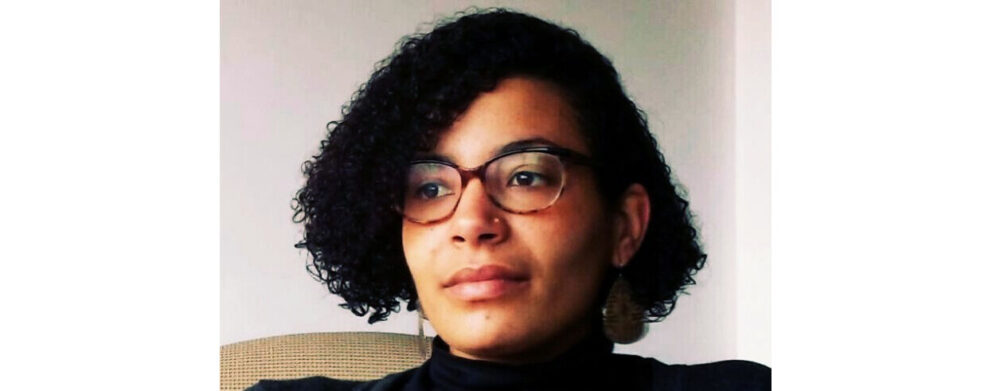
The 2023-24 Michael Baptista Lecture: Haitian Feminist Epistemologies and Critical Pedagogies In and Outside the Classroom
The Centre for Research on Latin America & the Caribbean presents
the 2023-24 Michael Baptista Lecture: Haitian Feminist Epistemologies and Critical Pedagogies In and Outside the Classroom
with Célia Romulus, University of Ottawa
Event details:
Oct. 26 at 5:30 p.m.
519 Kaneff Tower, York University
Reception to follow.
About the event:
Pedagogy is commonly understood to include practical matters concerning curriculum, instruction, and evaluation as well as a deeper engagement with power as it affects knowledge, educational institutions, and classroom dynamics (Crabtree, Sapp, and Licona 2009). Post-secondary university settings in Canada have historically been arenas of struggle regarding education about Race. World politics, changing demographics and challenges to systems of power in the education system have resulted in increased attention to equity in teaching and research. While there has been hiring of Black faculty in higher education institutions in Canada in the past three years, the academy continues to discriminate and uphold institutionalized racism through policies and practices. Obstacles to academic publishing and teaching that put women and racialized faculty at a disadvantage remain understudied particularly for those who challenge discursive and intellectual hierarchies through an engaged classroom. Indeed, institutional dynamics and students’ reactions can create a challenging classroom environment (Sampaio, 2010). Drawing on Haitian feminist experiences and thus on Black feminist epistemologies, this lecture will problematize intersections between identity, pedagogy and power structures in the classroom. By bridging disciplinary and methodological divides, this lecture will reflect on the following questions: how does positionality shape teaching practices? What are the pedagogies deployed to teach controversial topics that are met by resistance in universities? Memory work and experiential knowledge will be addressed as strategies in promoting critical thinking, independent learning and decentering Eurocentric and other hegemonic systems of knowledge in global politics.

